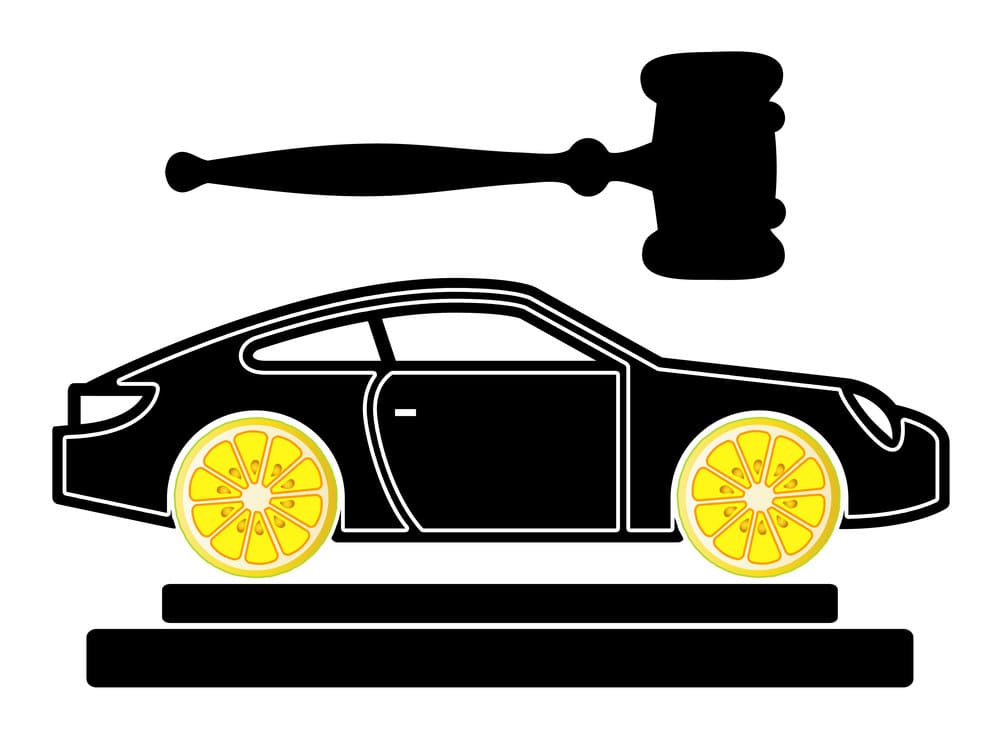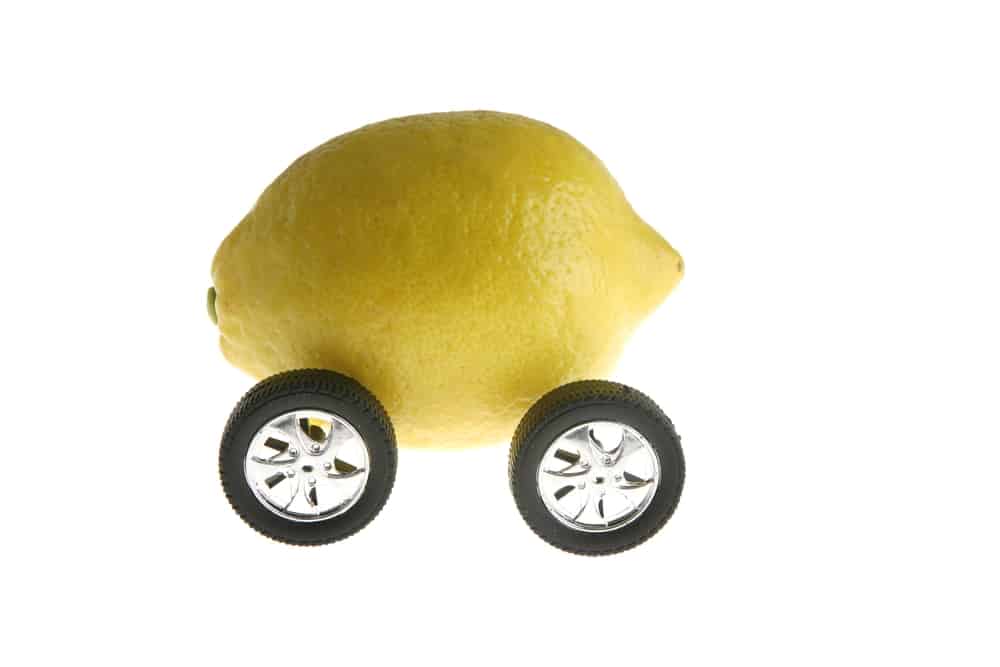Ah, the trusty lemon – not just a citrus fruit anymore. Have you ever wondered why we use the term “lemon” for a dud car? Well, there’s a historical reason for that in the USA. Let’s take a juicy dive into the history of the Lemon Law in the United States.
The Origins of the Lemon Law
Imagine a time when there weren’t strict rules protecting us from malfunctioning vehicles. That’s right, there was a time when this was the norm!
The birth of consumer protection
The late 20th century saw the emergence of stronger consumer rights. As cars became more prevalent, so did the occurrence of cars that were, well… lemons. These vehicles had recurring, unfixable issues, leaving consumers in a squeeze. This led to the creation of the Lemon Law.
Initial state adoptions
California took the lead in 1982, implementing the Song-Beverly Consumer Warranty Act. This was a big step forward! Other states followed suit, recognizing the need for similar protective measures.
The Song-Beverly Consumer Warranty Act, often called the “California Lemon Law,” was enacted to ensure that consumers receive fair compensation or relief when they purchase or lease a product, primarily vehicles, that turn out to be defective. This act covers new and used vehicles sold or leased in California that come with the manufacturer’s new vehicle warranty.
The Song-Beverly Consumer Warranty Act
Manufacturer’s Duty
If a vehicle is found to have a defect or non-conformity that substantially impairs its use, value, or safety, and the manufacturer or its agents cannot repair this defect after a reasonable number of attempts, the manufacturer is required either to replace the vehicle or to refund the purchase price to the consumer, at the consumer’s choice.
“Lemon” Determination
There isn’t a fixed number for a “reasonable number of repair attempts.” However, if the vehicle is in the repair shop for more than 30 days (cumulatively) for warranty repairs, or if two attempts have been made to repair a warranty problem that could result in death or serious injury, it could be deemed a “lemon.”
Leased Vehicles
Leased vehicles are also covered under the Act. If a leased vehicle is deemed a “lemon,” the consumer is entitled to a refund of all payments made towards the lease.
Deductible Charges
Manufacturers are allowed to charge a deductible for use of the vehicle when they repurchase it, but this is strictly limited and calculated based on the vehicle’s mileage when the consumer first reports the issue.
No Requirement for Notice
The Act does not require consumers to notify the manufacturer of a defect in writing, although it’s often beneficial for documentation purposes.
Attorney’s Fees
If a consumer prevails in a lawsuit under the Act, the manufacturer may be required to pay the consumer’s attorney’s fees. This provision encourages consumers to seek legal representation when they believe they’ve purchased a “lemon.”
In essence, the Song-Beverly Consumer Warranty Act exists to protect Californians from being stuck with new or nearly new vehicles that have significant problems. Manufacturers are held accountable for their products, ensuring that consumers receive a vehicle that meets the quality and performance standards promised at the time of sale or lease.
Why the Lemon Law was Necessary
Let’s face it: nobody wants a dud car. But why did we need a law for that?
Prevalence of defective automobiles
During the 1970s and 1980s, the automotive industry experienced significant growth. However, quality control couldn’t always keep up, resulting in a surge of defective road cars.
Rising consumer complaints
Frustration grew. People were tired of spending hard-earned money on cars that didn’t work. Consumers began to demand more accountability from car manufacturers.
Key Features of the Lemon Law
Every good law has its pillars, right? Here are the core components of the Lemon Law.
Warranty periods
A significant aspect of the law is the warranty period, during which manufacturers are obligated to repair defects.
Refunds and replacements
If defects persist and can’t be repaired after several attempts, consumers can demand a replacement or refund.
The Lemon Law Evolution
Laws, like all things, evolve… The Lemon Law was no exception.
States’ variations and adaptations
Although the basic principle remained consistent, each state tailored its Lemon Law to its specific needs and challenges.
The influence of car manufacturers
Manufacturers, initially resistant, began to see the benefits in terms of brand reputation. This led to voluntary programs and more proactive approaches to address defects.
Impact on Consumer Rights
The ripple effect of the Lemon Law extended far beyond just cars.
Strengthening consumer protection
The law set a precedent, showcasing the importance of consumer rights and protection in other industries.
Influencing other industries
Soon, other industries adopted similar protections, ensuring that consumers received the value they paid for.
Notable Cases and Precedents
Over the years, numerous cases shaped and solidified the importance of the Lemon Law, setting legal precedents that reinforced consumers’ rights.
Current Status and Relevance
Today, the Lemon Law remains a critical piece of consumer protection legislation, continually adapting to the evolving automotive landscape.
Conclusion
The journey of the Lemon Law is a testament to the power of consumer voices and the importance of ensuring quality in industries. It’s a reminder that, like turning lemons into lemonade, persistent efforts can transform challenges into positive change.
Frequently Asked Questions
When was the first Lemon Law enacted?
California introduced the first Lemon Law in 1982.
What kind of vehicles does the Lemon Law cover?
Most laws cover new vehicles, but specifics vary by state. Some also include used and leased vehicles.
How many repair attempts warrant a refund or replacement?
Typically, if a defect isn’t fixed after 3-4 attempts or if the car is out of service for 30 days, it may be considered a lemon.
Do manufacturers always comply easily with the Lemon Law?
Most manufacturers adhere to the law, but there have been instances where consumers have had to seek legal remedies.
Are there federal Lemon Laws?
The Magnuson-Moss Warranty Act is a federal law that governs consumer product warranties and can be applied to lemons.
Start a free, no-obligation claim review today
with an experienced lemon law lawyer.
Free lemon law review
If a dealership cannot repair your car (after more than one attempt), you may have a lemon law claim for repurchase or replacement.
To see if you qualify for a lemon law claim, fill out the form below.
- Pay nothing unless you win
- Millions recovered
- 23+ years experience





